we defend & empower indigenous peoples rights
What We Do
— Research
We carry out research on current and ongoing challenges pertaining to Indigenous Peoples’ rights and well-being. IRAC seeks to collaborate with relevant international organizations, academic institutions and indigenous and other civil society organizations to encourage interdisciplinary approaches to current issues faced by indigenous peoples in India.
— Advocacy
IRAC engages in coordinated and strategic advocacy actions to promote meaningful reforms by state and non-state actors to improve protections for indigenous people’s rights. It supports indigenous peoples rights in India and in the South Asian region by strengthening local indigenous rights movements to bring awareness and international pressure to their struggles while enhancing Indigenous communities’ capacity to demand and assert their rights outlined in the United Nations Declaration on the Rights of Indigenous Peoples and under the domestic legal and Constitutional framework.s
— Interventions
We make timely and effective interventions on rights violations of the indigenous peoples in India. The interventions are both at the legal, quasi legal and policy level.
— Capacity Building
We impart and facilitate training and capacity building programs for students, youths, individuals and organisations within the indigenous communities in India to build skills and tools to protect against rights violations.
The objectives of these programs are to improve the situation of indigenous peoples in the country through capacity building and awareness raising on indigenous peoples’ rights and issues.
— Legal Support
We provide free legal support and representation to victims of rights violations. We run a free LEGAL HELPLINE manned by volunteers and paralegals with access to legal aid and advice from an experienced legal Team.
We also provide legal support to community actions on rights violations.
— Collaboration & Solidarity
IRAC believes in collaborative alliances and actions in particular those working with and supporting human rights defenders, especially indigenous land and forest defenders and local communities.
IRAC collaborates and works together with like minded organisations working for indigenous peoples rights in the region and globally; and for the protection, promotion and defence of human rights and fundamental freedoms across the world.
issues we care for
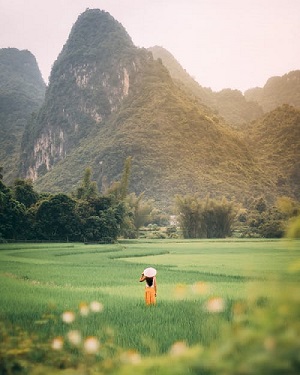
NATURAL RESOURCE RIGHTS
Secure access to lands, territories, and natural resources is fundamental to the survival and self-driven development of indigenous peoples. The rights over their natural resources are central to their identity. Deprivation and denial of these rights consequently lead to the marginalization and displacement of indigenous communities, undermining their autonomy and well-being. This remains one of IRAC’s primary focus areas for advocacy and intervention, aiming to uphold and protect the rights of indigenous peoples..
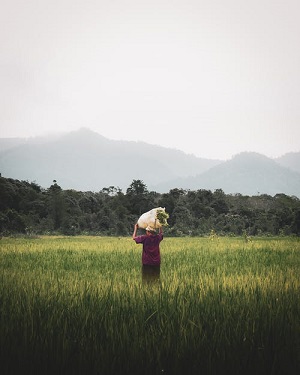
ENVIRONMENTAL JUSTICE
The climate and environmental justice movements need to be inclusive of indigenous peoples and communities. Often, indigenous peoples’ voices are sidelined and marginalized in the global environmental justice debate. Indigenous peoples possess critically important knowledge systems and practices that can meaningfully contribute to the environmental justice movements. Their claims and voices must be heard and respected, as they hold invaluable insights and perspectives essential for sustainable and equitable environmental stewardship.
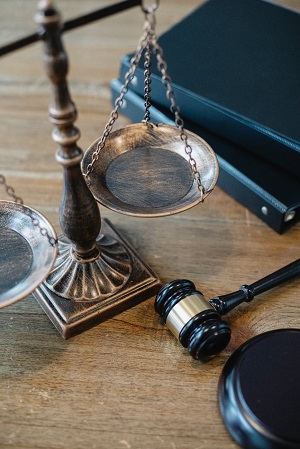
INDIGENOUS HUMAN RIGHTS DEFENDERS
The democratic space for indigenous peoples has been under enormous pressure for a long time throughout the world, especially the global south. IPHRDs have borne the brunt of land rights induced conflicts. Incidents of criminalization and impunity for these rights violations against indigenous peoples have increased during the Covid-19 pandemic. Land conflicts, forced evictions, repression under forest laws, killings and further criminalisation of IPHRD are set to increase.
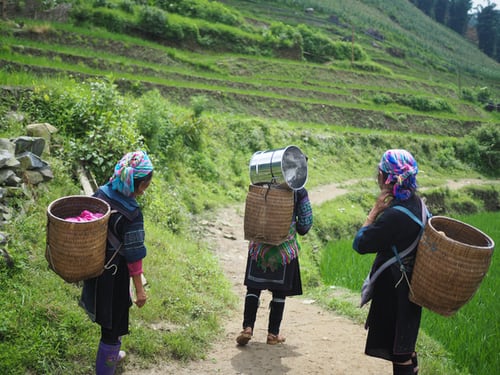
INDIGENOUS WOMEN'S RIGHTS
Violence against indigenous women and girls is deeply rooted in racism, marginalization, and poverty, spanning across political, social, economic, and cultural spheres. In India, indigenous women face numerous obstacles, navigating through a complex web of challenges. These include sexual violence, trafficking, discriminatory customary laws and practices, stigmatization as witches, militarization or state violence, and the impacts of development-induced displacement, among others. These issues persist as major concerns, highlighting the urgent need for comprehensive and culturally sensitive approaches to address the systemic inequalities and injustices faced by indigenous women and girls.
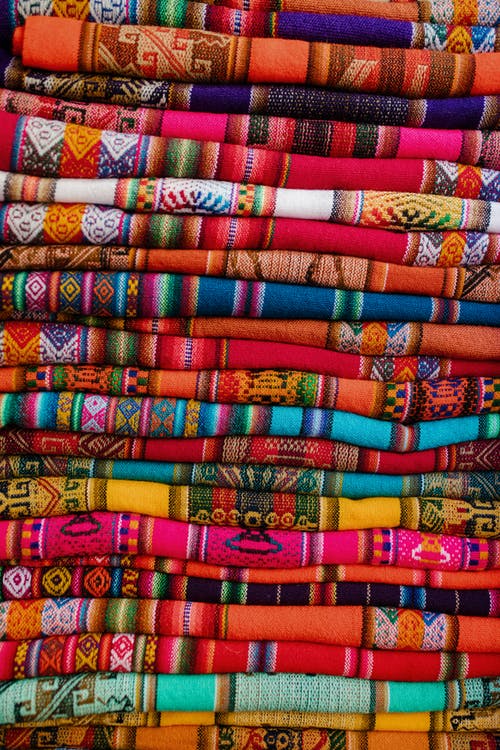
INDIGENOUS KNOWLEDGE SYSTEMS
The indigenous peoples claims for legal protection of their folklore, arts, knowledge systems, songs, practices etc, and other traditional cultural expressions against misappropriation needs to be legally recognized. Specific research on these themes and advocacy actions based on best practices and research findings are needed in the Indian context. Strategic use of the IPR system can offer tools to protect, promote and prevent misappropriation.
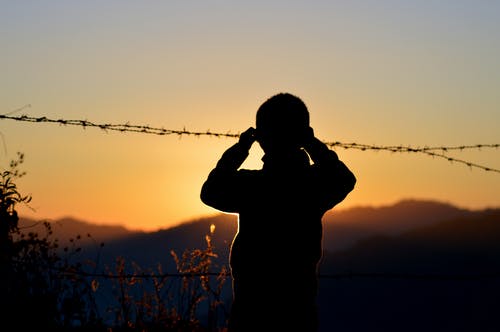
CROSS BORDER AREAS
Cross-border regions predominantly inhabited by indigenous peoples, particularly in Eastern India, are hotbeds of conflicts and militarization on both sides of the borders. Forced displacements of vulnerable indigenous peoples from Myanmar, due to political instability, into the states of Mizoram and Manipur, and the fear of refoulement by India, raise critical questions about rights violations of the displaced IPs. Internal displacement of indigenous communities within Northeast India remains a significant issue of concern.
